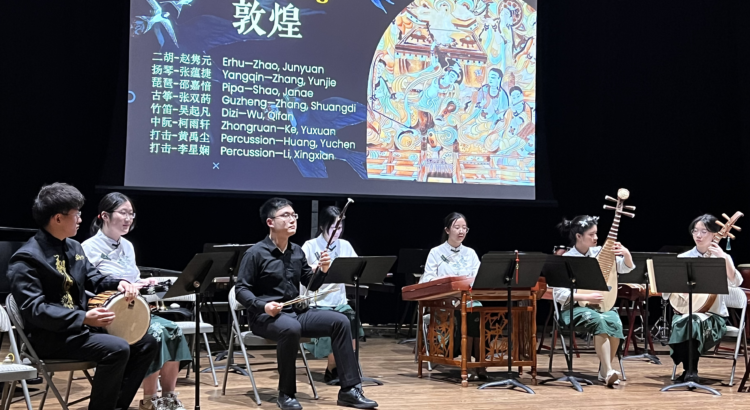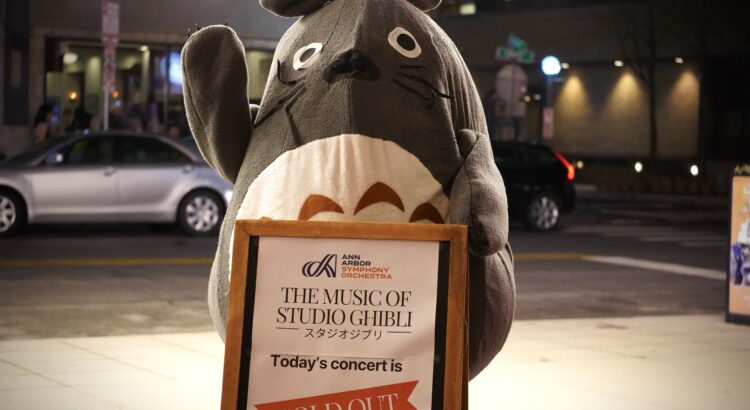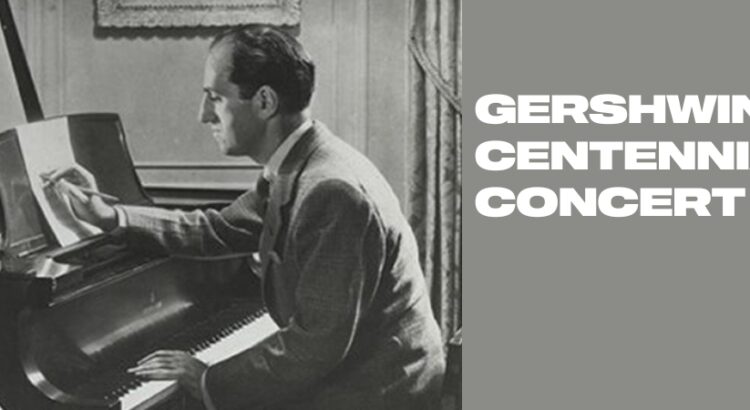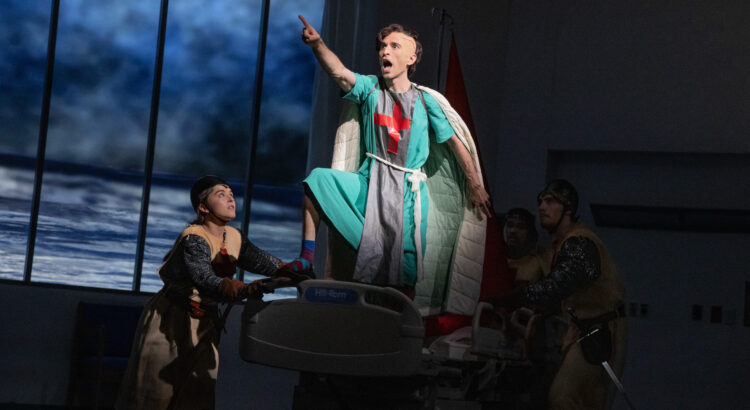March 13 | 7:30pm | The Encore Musical Theater Company
Wondering if Jane Austen’s Sense and Sensibility would be a good musical was not a burning question on my mind. Yet it was answered at the Encore Theater last week to the sound of a four-piece orchestra and a starry cast from Broadway’s favorite shows.
The 1811 novel was adapted by Jefferey Haddow (Book & Lyrics) and Neal Hampton (Music) for the stage, and it’s been in production since 2009, almost 16 years—which is subsequently how long it felt to sit through the show.
(As it goes) In the 19th century, the two daughters of Mr. Henry Dashwood are left with no permanent income after his death. So, marriage to a wealthy man of status will cure all ailments. The girls desire stability, but more pressing is love. The pragmatic Elinor Dashwood (Chelsea Packard) struggles with unrequited feelings for Edward Ferrars (Adam Woolsey), while her passionate sister Marianne (Jessica Grové) falls deeply for the winsome but unreliable John Willoughby (Chad Marge).
With nineteen songs in Act I and a whopping twenty-one in Act II, the show lingered, with few musical ideas to latch onto. The piece felt dense, and not every moment that segued into songs felt convincing dramatically. Some numbers functioned akin to opera, honing in on a character’s feelings in place of advancing the plot. Which makes for a host of details but leaves much exposition to the scenes.
Ms. Packard’s voice is as silky and sophisticated as the five or six pastel dresses she wears, finding herself distant from Elphaba’s belting in Wicked. Her 11 o’clock number, “Not Even You,” explored her wildly flexible voice but fell flat from lackluster lyrics. Ms. Grové was a spunky Marianne on stage, and aside from nearly dying from falling in the rain, was convincing and vocally stunning.
In Act I, the Colonel becomes infatuated with Marianne after only one encounter (reminding him of a past love named Lydia), but Marianne runs off with the charming Willoughby for most of the show. The climax of the story felt grazed over: when we find out that Willoughby has been the abuser of countless women, including our beloved Marianne. The reveal lasted a mere moment on stage, so quick that I almost didn’t catch it. This prompted a swiftly smitten marriage between the Colonel and Marianne, which felt like a tardy continuation of their love story. I’m glad Marianne found a sensible husband, but I craved a depth to their romance throughout the musical for a cleaner payoff in the end.
I wonder about the impetus of telling this story now. The characters have troubles far away from modern strife, but at least they remind us to trust our hearts. Perhaps the true issues of these noble girls could be better solved in a rewrite.
Images thanks to The Encore Musical Theater Company.













